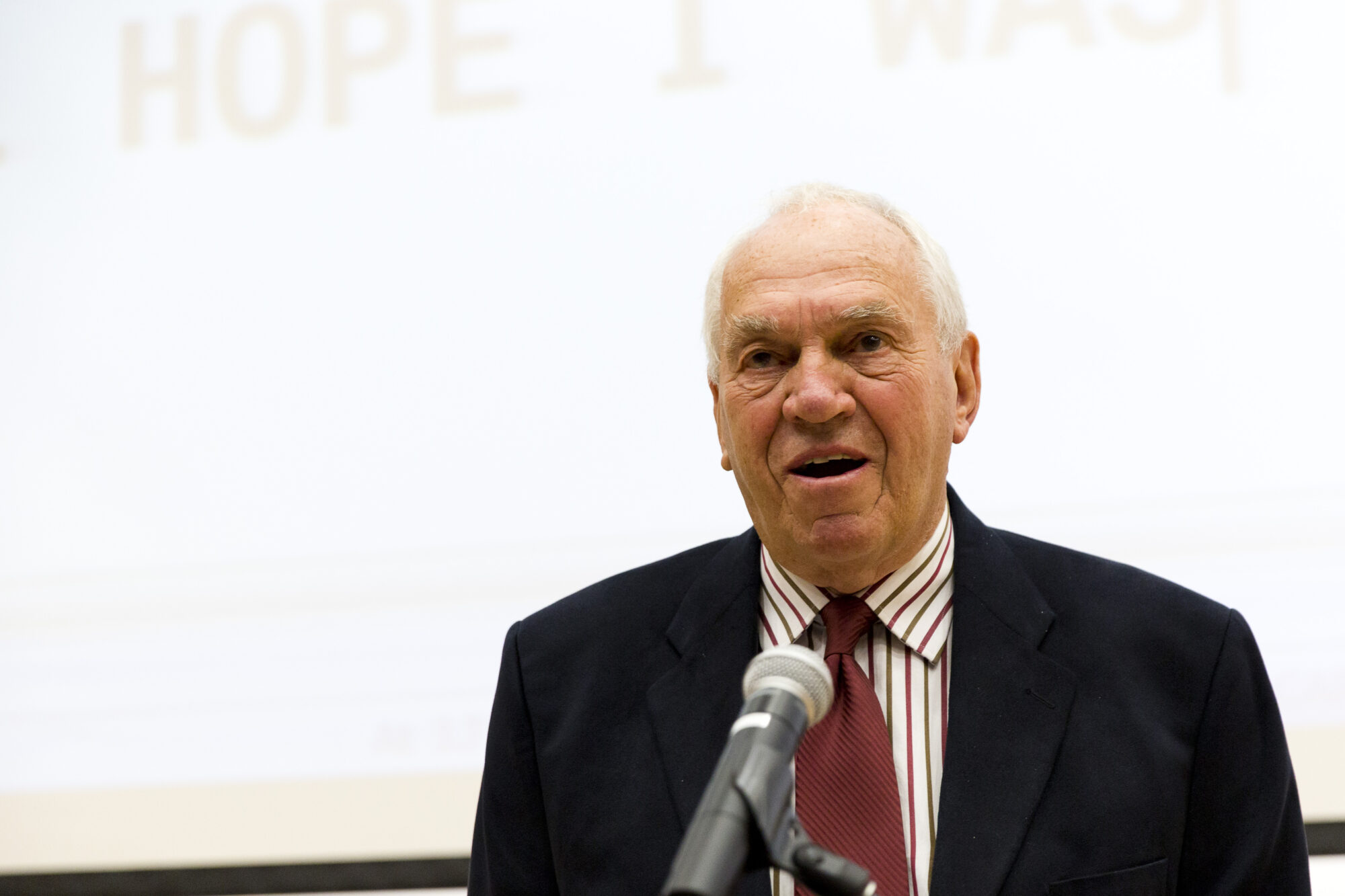From Marketing to Movement-Building: Ground Game and Community Organizing in Party Politics
It’s been said that “the ground game can only take you so far”. But what if the right kind of ground game can count for more than we realize?
It’s been said that “the ground game can only take you so far”. But what if the right kind of ground game can count for more than we realize?

“Our socialist challenge is to tackle what I have called the economic question. This fundamental question is about economic power, and who will wield it. It is about our national priorities, and who will decide them.”

The Broadbent Institute’s Executive Director Jen Hassum explains how Ed Broadbent’s vision of the ‘Good Society’ offers a roadmap for building a more equal, inclusive and progressive Canada.

Ed Broadbent’s rich vision of democratic equality can and should continue to be our compass in this era of uncertainty and crisis. A barren technocratic liberalism may be ill-equipped to carry this out — but democratic socialism can.

Alex Himelfarb argues that neoliberalism – or “capitalism with the gloves off” – has become embedded in the fabric of Canadian government and society, and has not yet died off despite its reckoning.

LaToia Jones stays true to progressive values and organizes beyond the win or the loss to build resilient movements.

Chiara Padovani details her political journey in organizing renters and defending tenant rights against the encroachment of for-profit interests in housing.

Bill C-64 promises to bring pharmacare to Canadians, but gaps within the legislation may prevent it from fulfilling true universal pharmacare for all.

Chris Hurl and Leah Werner document the complex and intensifying issue of consulting firms ripping off government programs and deskilling the public service in Canada and across the globe.


